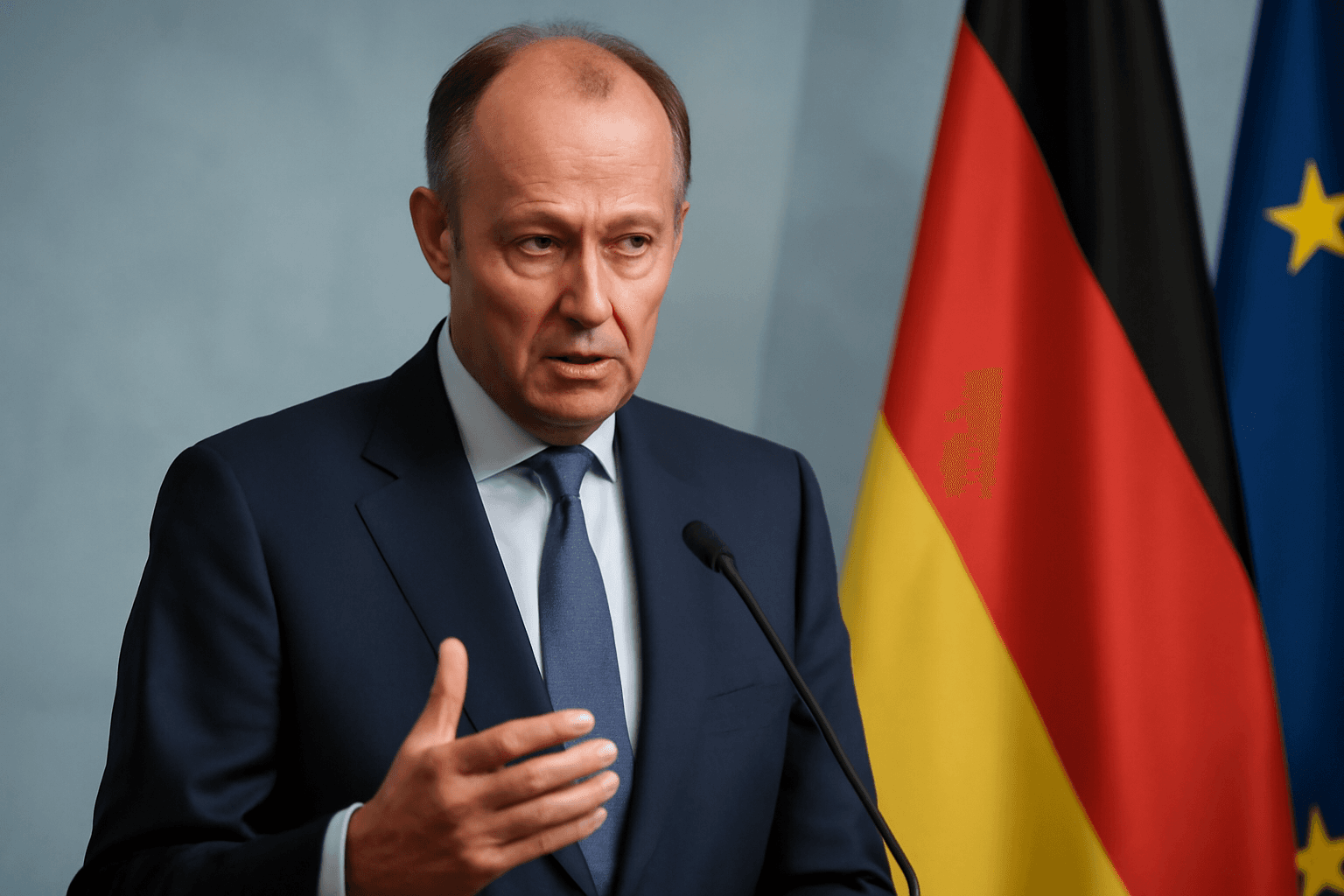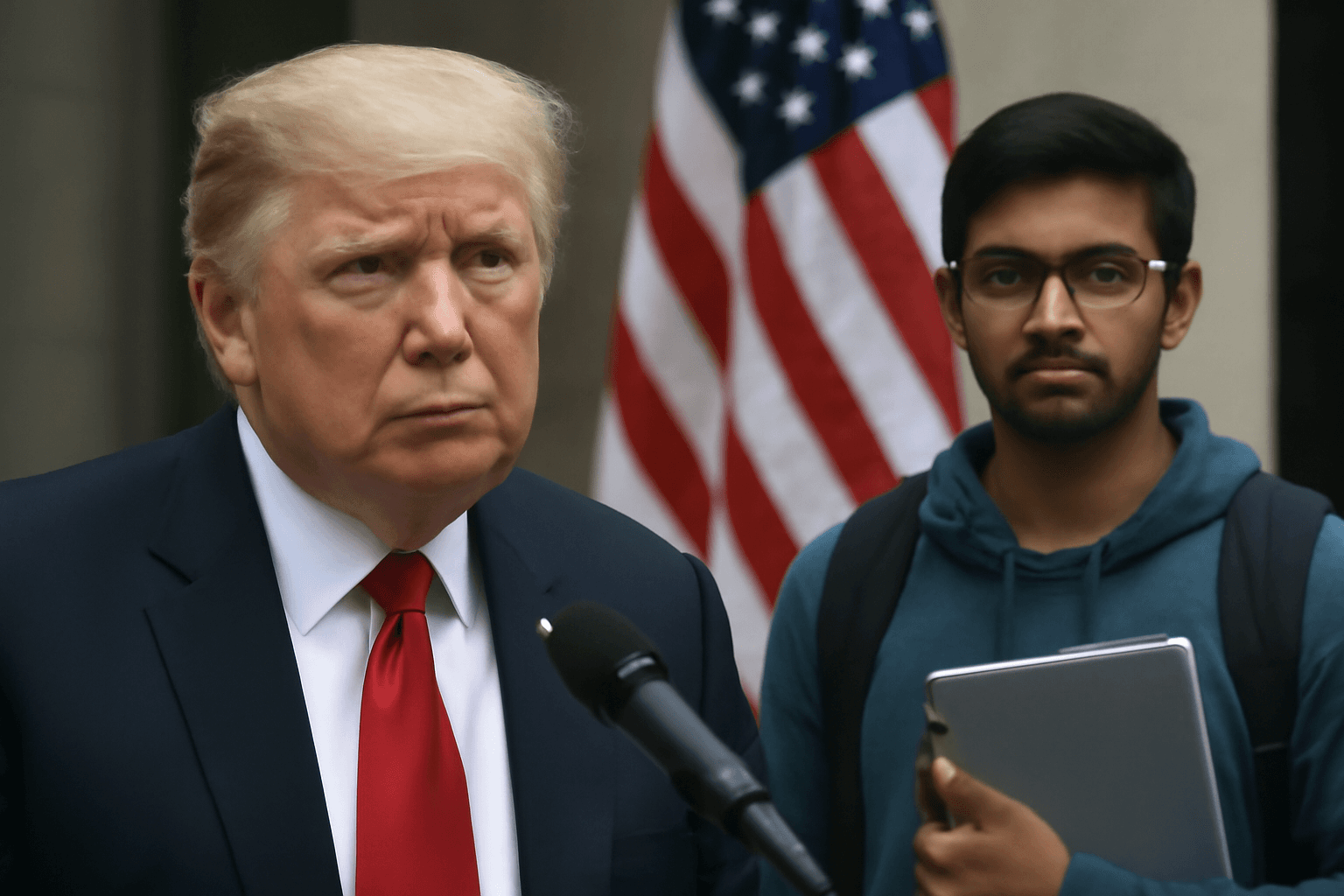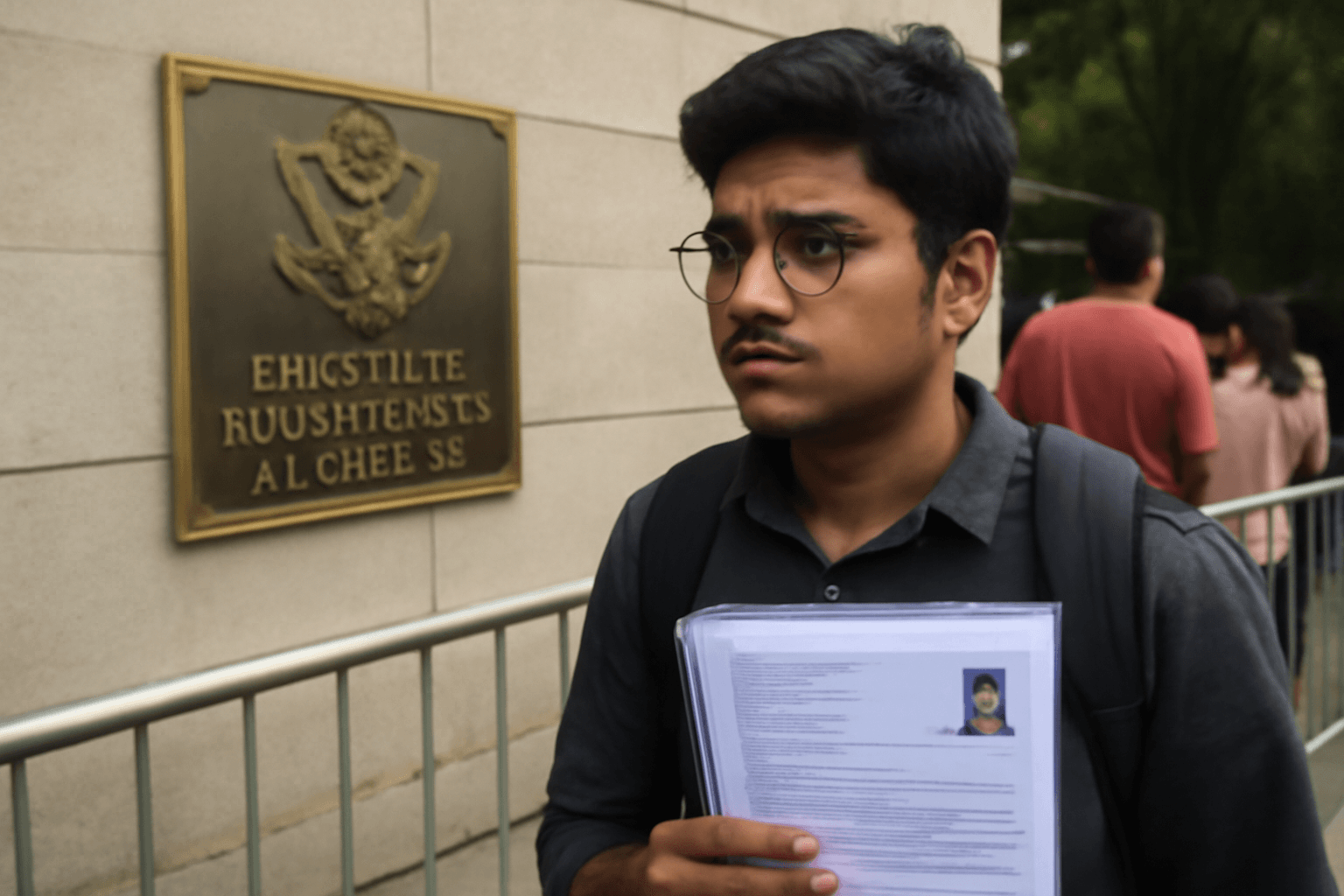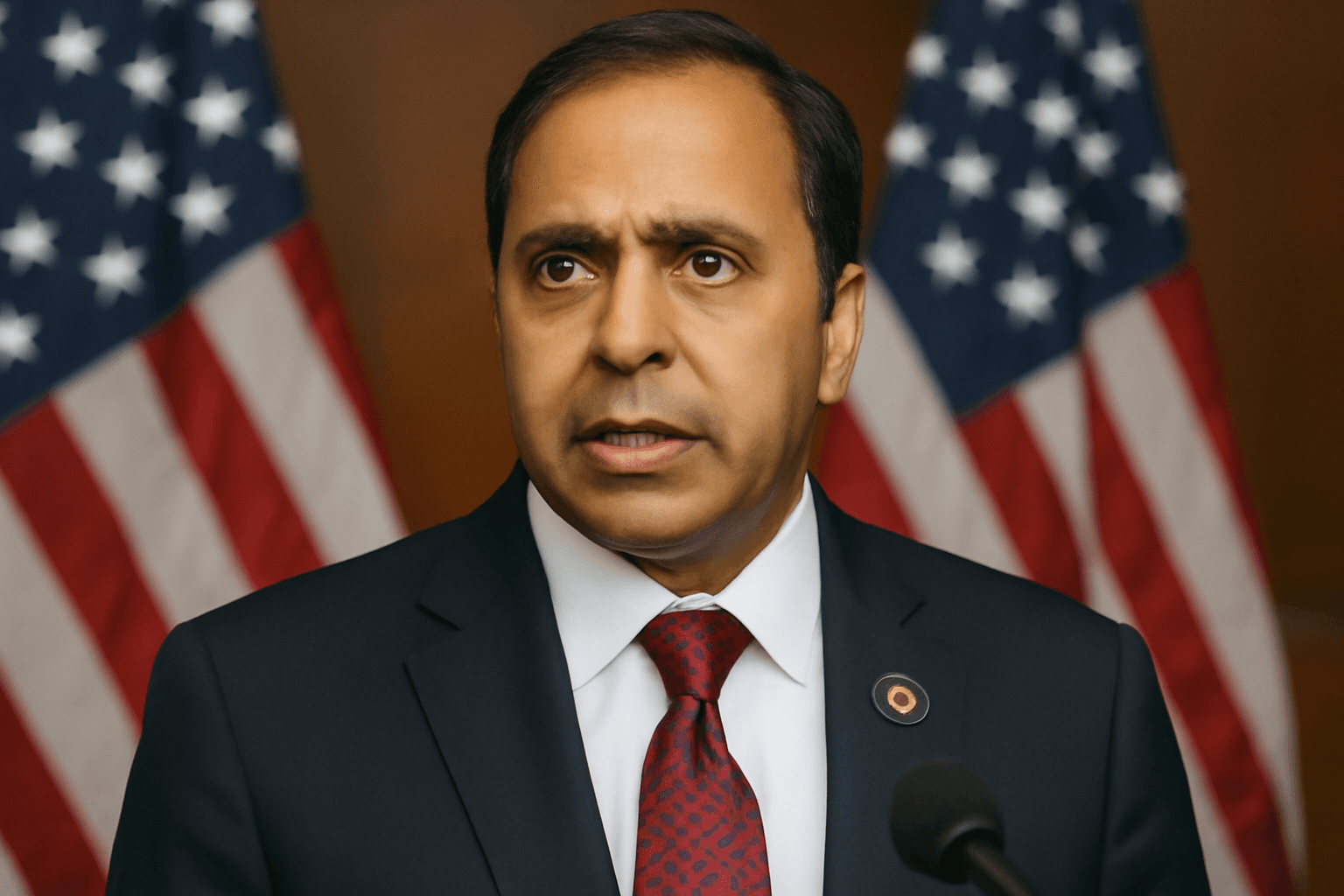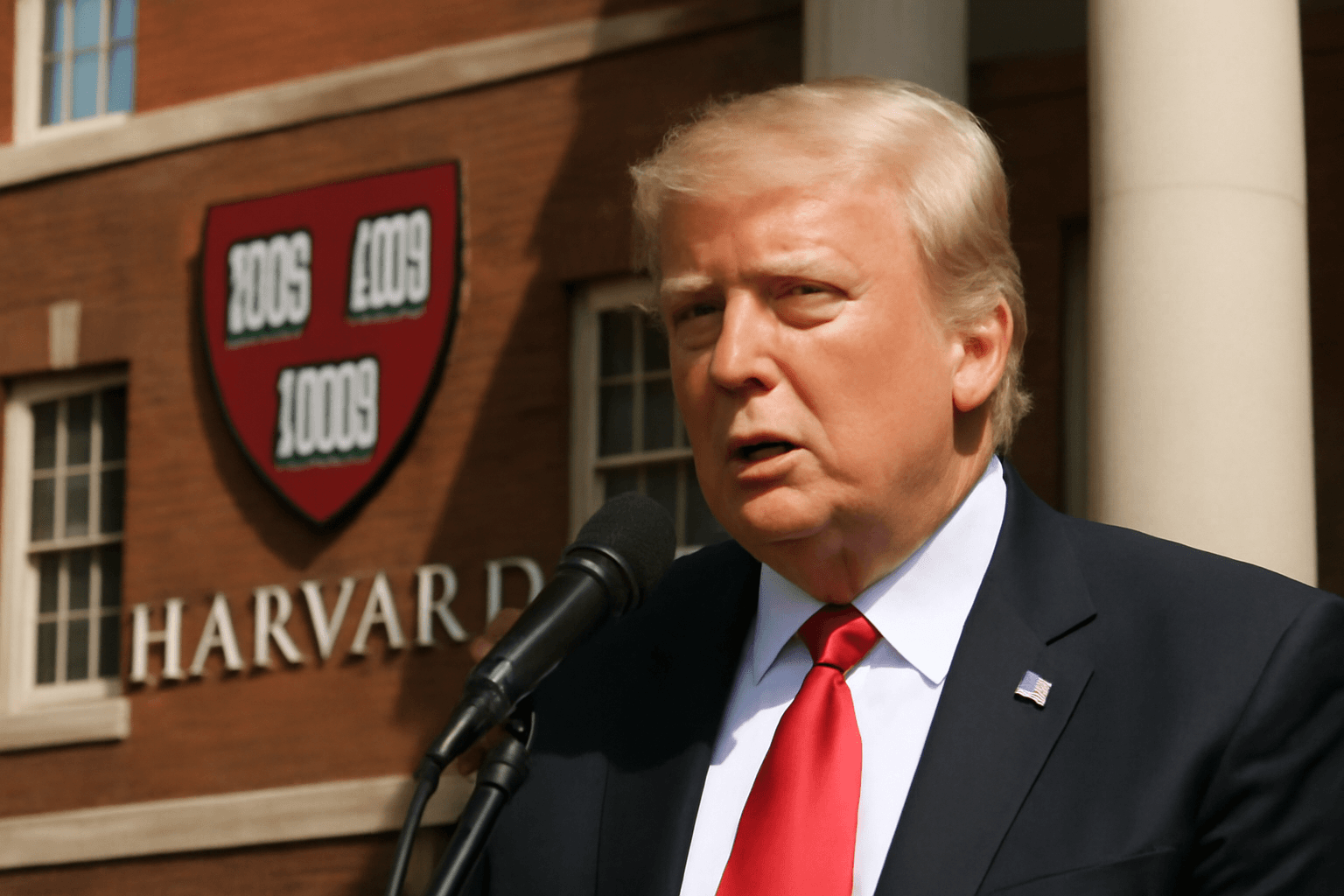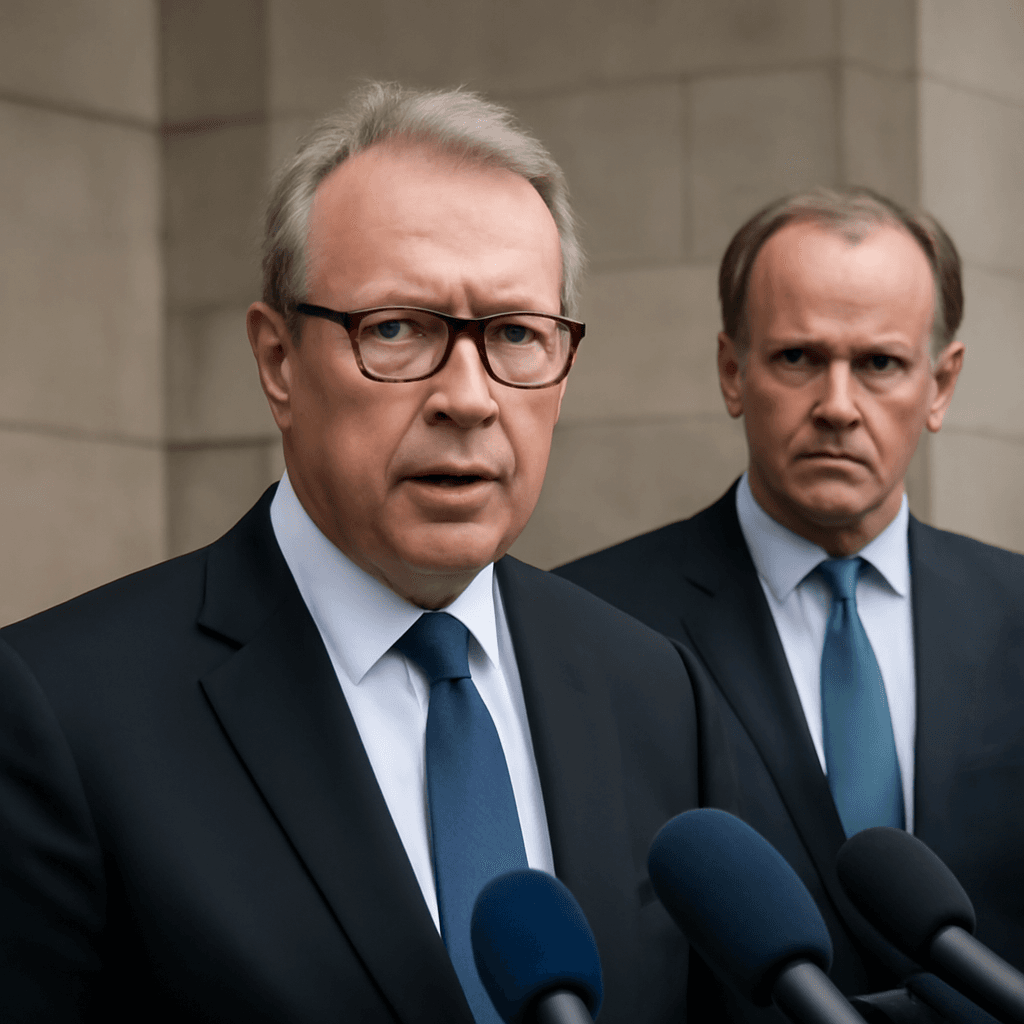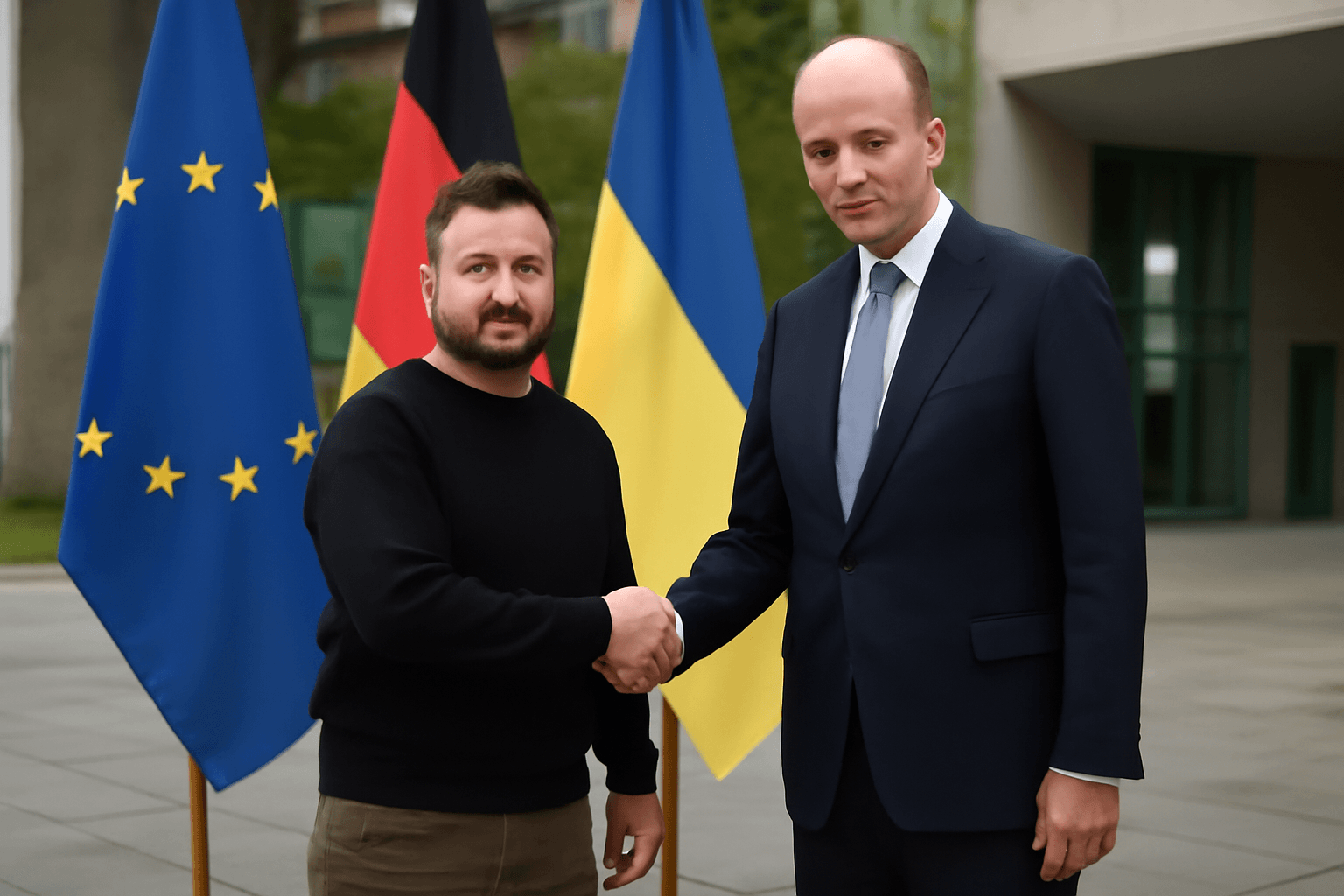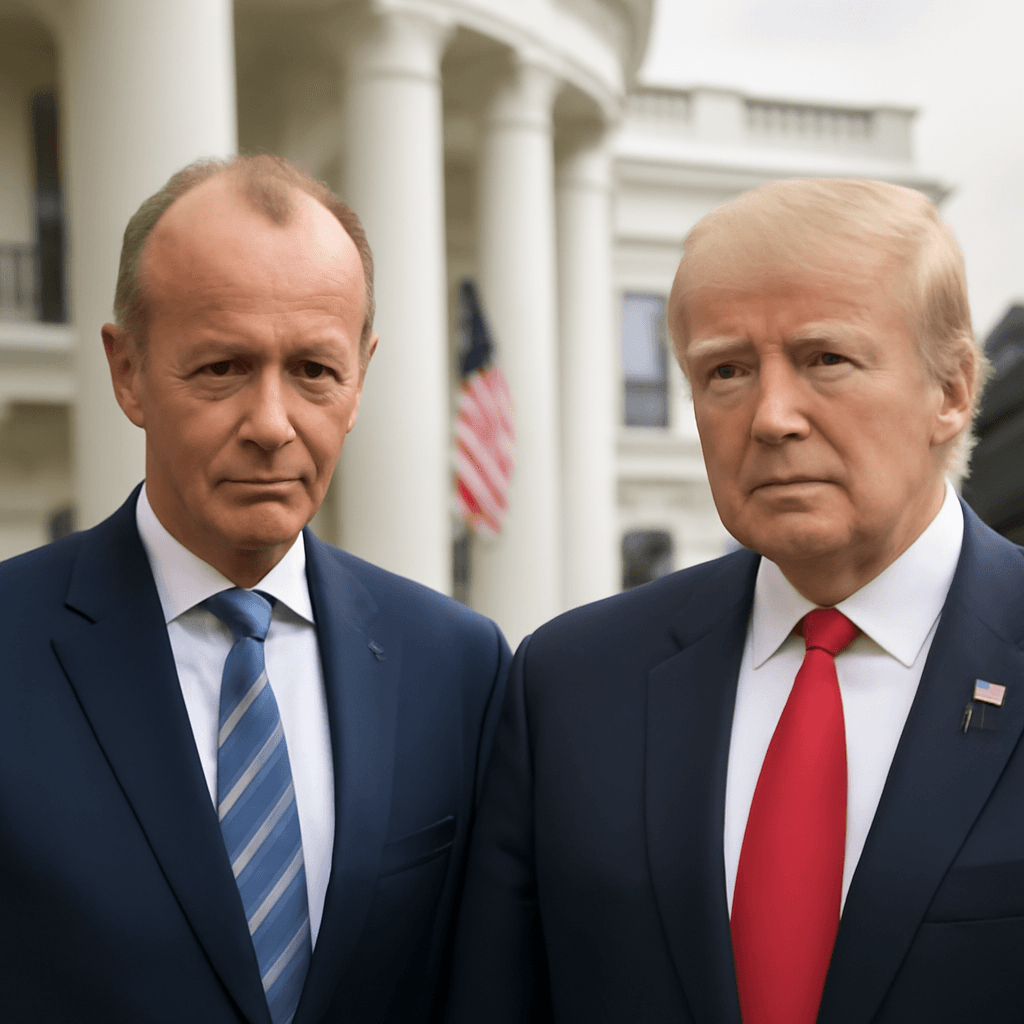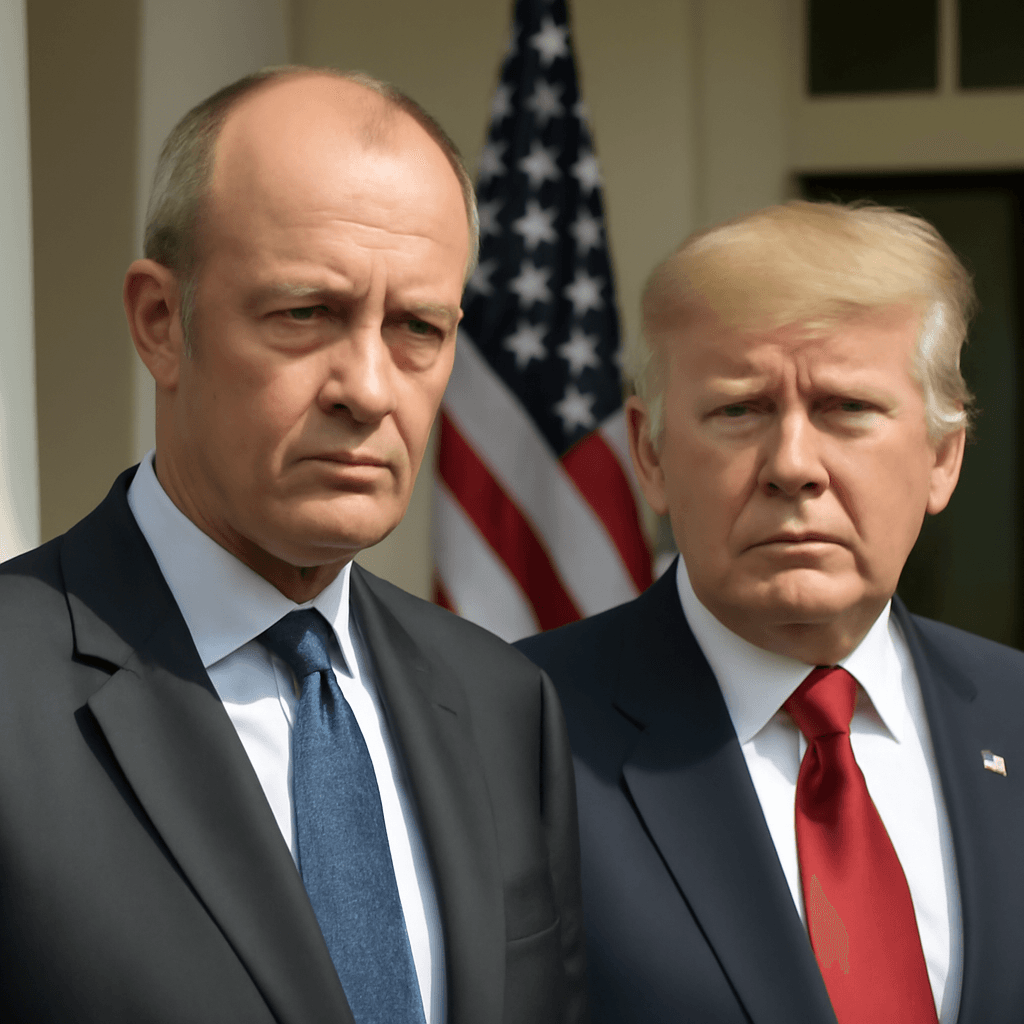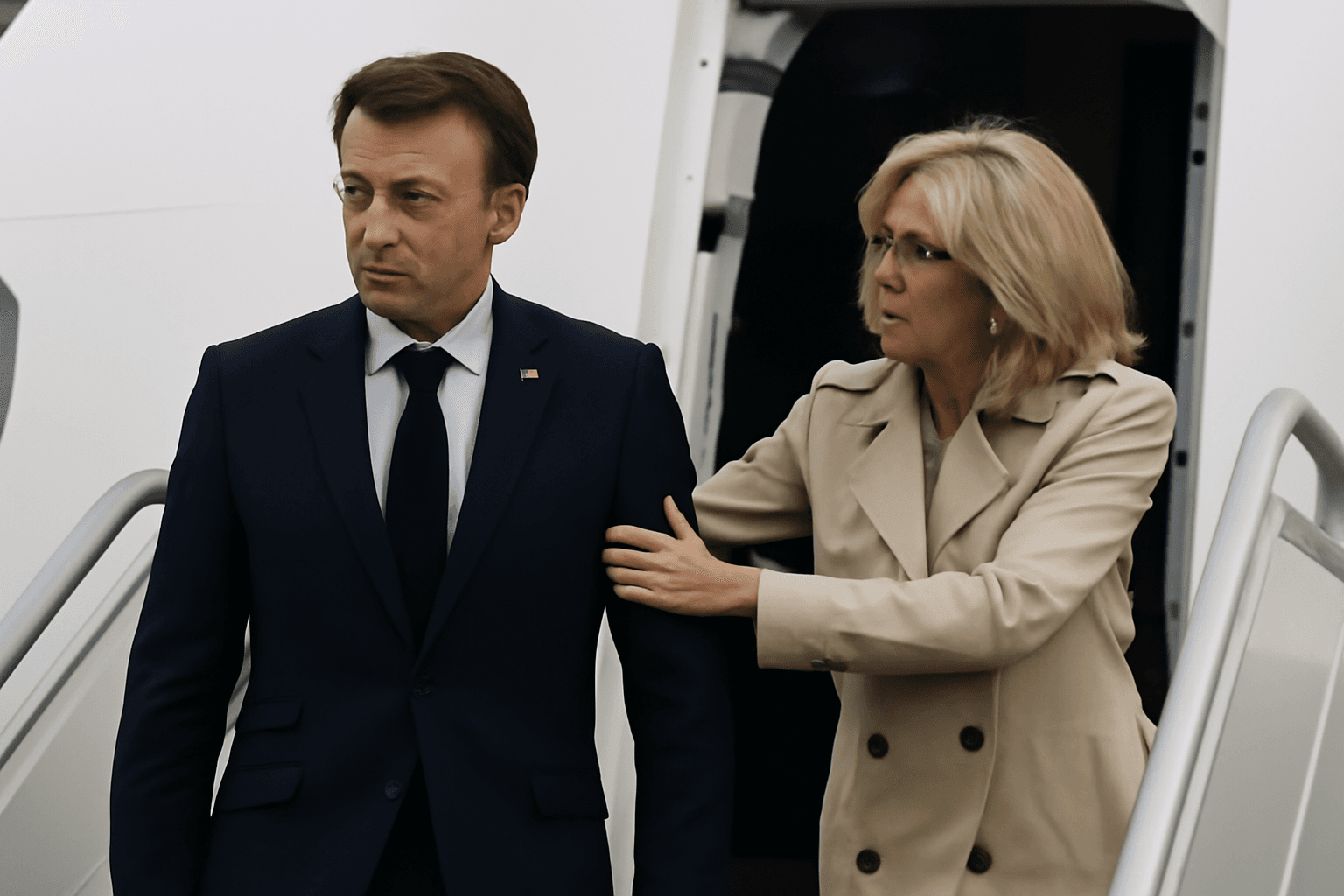On May 28, 2025, the German government announced new measures to restrict family reunions for certain migrants and tighten citizenship criteria, signaling a robust shift in immigration policy under Chancellor Friedrich Merz's conservative administration.
Following his campaign promise to clamp down on immigration, Chancellor Merz's government has rapidly enacted border controls since taking office earlier this month. Interior Minister Alexander Dobrindt described the policy changes as a "decisive day" in efforts to reduce irregular migration.
The two-year suspension of family reunions applies specifically to migrants granted subsidiary protection, excluding those with full refugee status. This move aims to alleviate the pressure on local councils responsible for integrating new arrivals, echoing measures previously implemented between 2016 and 2018 amid the European migration crisis.
Additionally, the minimum residency period required for citizenship will revert to five years, reversing the prior government’s reform that allowed some immigrants to apply after just three years upon demonstrating exceptional integration success. Dobrindt emphasized that these changes intend to diminish "pull factors" that encourage migrants to seek entry into Germany through unauthorized channels.
The far-right Alternative for Germany (AfD) party, known for its strong anti-immigration stance, secured over 20 percent of the vote in February’s election. While critics accuse Chancellor Merz of appealing to the AfD, he maintains that stringent migration policies are essential to curb the party's growing influence.
The recently enhanced border controls plan to turn away all undocumented migrants, including asylum seekers, a move that has provoked discontent among Germany’s neighboring countries. Dobrindt acknowledged the criticism but insisted that the government needed to demonstrate a definitive change in migration policy.
Parliamentary approval for these measures is anticipated before the summer recess in July.

